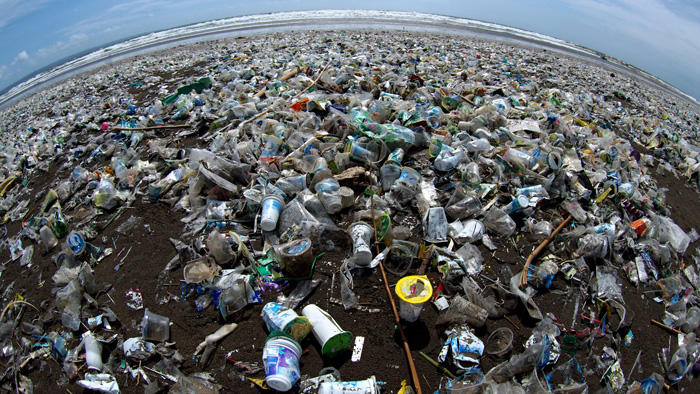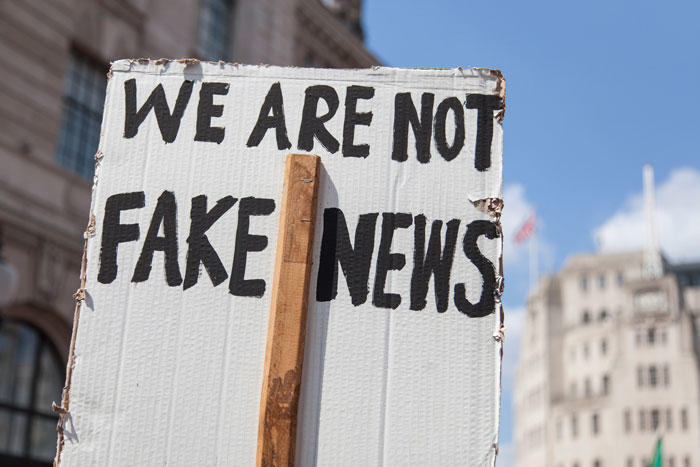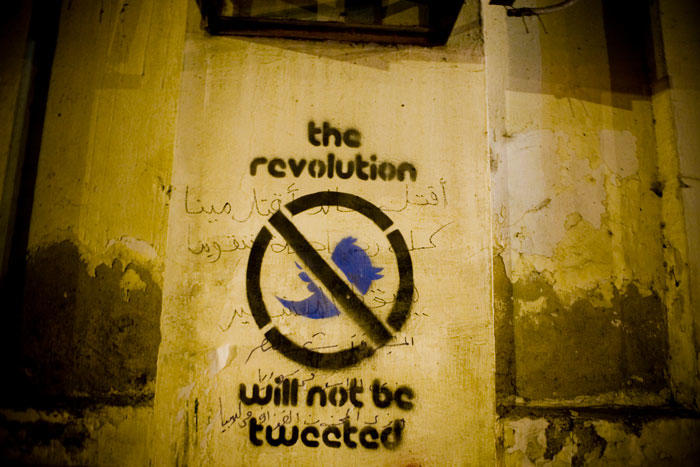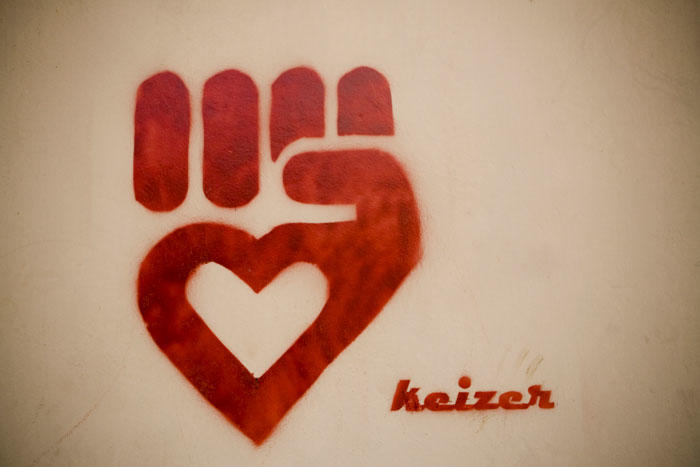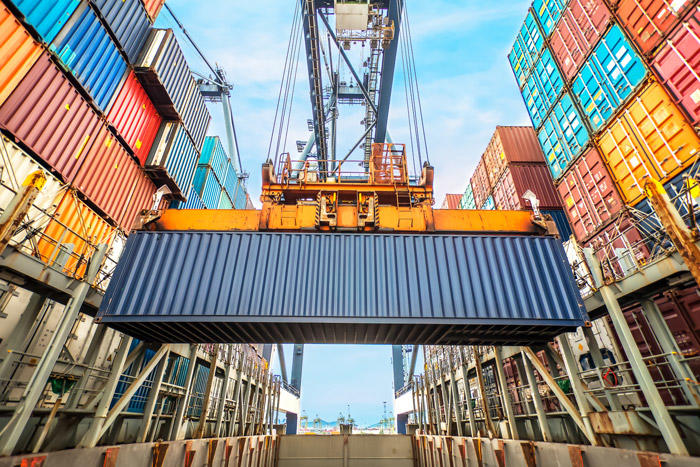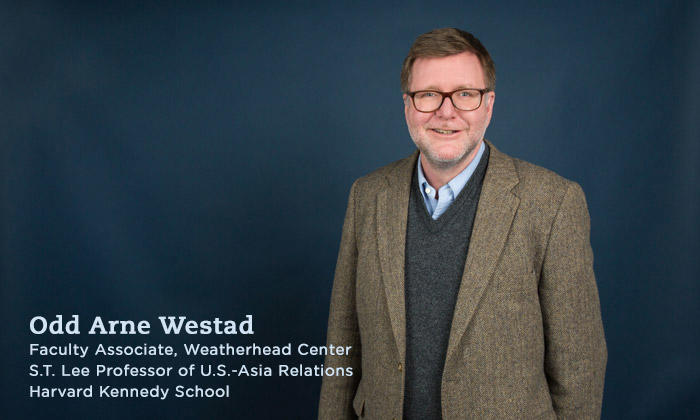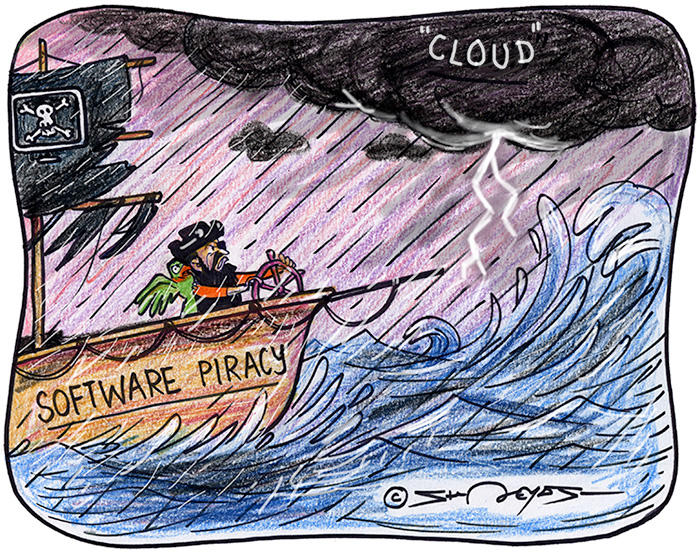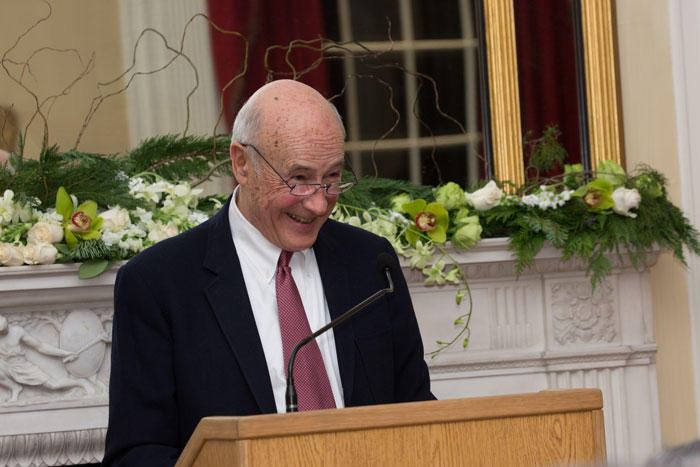Harvard Professor of Government and Russian Studies Timothy Colton discusses the fraught relationship between the US and Russia under the Trump administration.
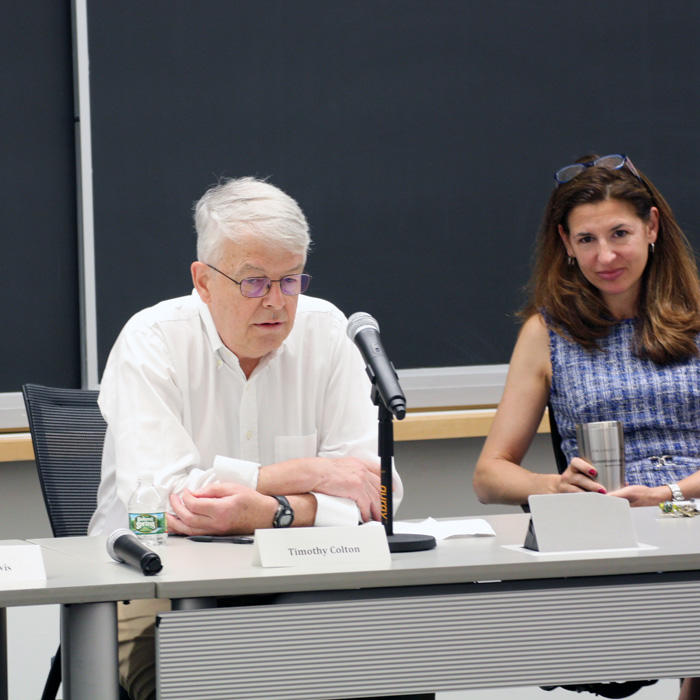
This is the third blog post in a series of edited transcripts from a panel on Trump's presidency held during our orientation in August 28, 2018. Our three panelists were Christina L. Davis, Melani Cammett, and Timothy Colton.
Since the panel took place, the following events have occurred. The investigation into Russian interference in the 2016 US presidential election has intensified, with more indictments and sentences handed down to President Trump’s associates, bringing the total number of indictments and guilty pleas in the investigation to thirty-three.
In October, the Justice Department filed criminal charges against several Russian operatives, accusing them of conducting “information warfare” during the US midterm elections. In a constitutionally questionable move the day after the midterms, President Trump replaced Attorney General Jeff Sessions with Matthew Whitaker, who is serving as acting attorney general overseeing the investigation until an official replacement is confirmed.
Further, Trump’s abrupt announcement in December that he would be withdrawing American troops from Syria prompted the sudden resignation of Defense Secretary Jim Mattis. The troop withdrawal was praised by Vladimir Putin, who analysts say can now work more strategically with Assad to form a dominant power alliance in the region.
This transcript has been edited for length and clarity.
Talk delivered by Timothy Colton:
So let's talk about Trump and Russia.
This is a tangled tale. I sat down last night to try and update my sense of this. I've written a few op-ed pieces, but I think it's very hard to do scholarly work that comes to the point of publishing really scholarly papers, let alone books, on this subject because it changes almost from week to week.
Once we have some distance in time, we may be able to make better sense of it than we can just for the moment. It is a tangled tale, and it also has been rendered. You [Melani Cammett] mentioned cable television. So cable television, of course, is on this story, but often in a rather simple-minded way, it seems to me. And it would be nice to improve on the media interpretation, but it's hard to come up with an alternative one that's more grounded in normal scholarly frames.... Read more about Trump’s Impact on the World: Timothy J. Colton on Russia

